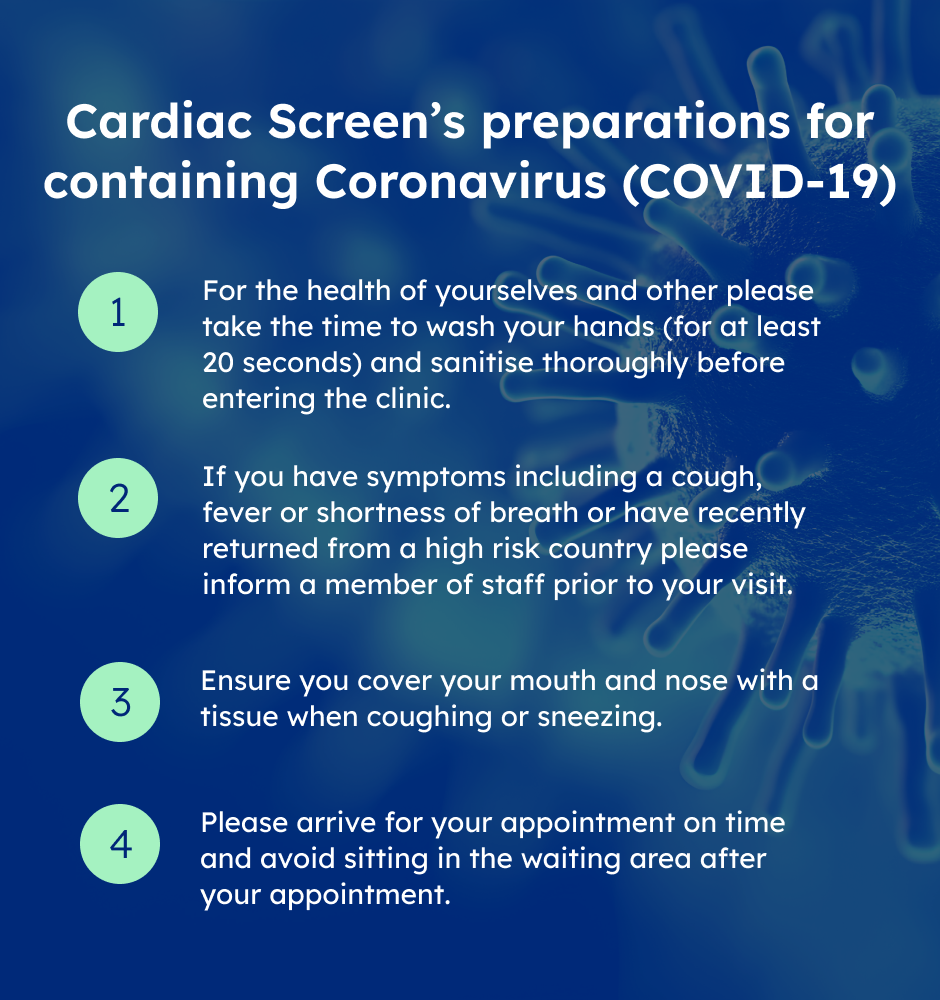Please click here to view Cardiac Screen's preparations for containing Corona Virus
Balppa House, 57-61 Newington Causeway, London SE1 6BD
Questions About Carotid Artery Disease
Meet Our Medical Specialists

Carotid artery disease is one of the most common causes of strokes. Although many people aren’t aware that they are affected by it until after they have a stroke, it is sometimes detected earlier by tests such as the carotid Doppler scan. If you’ve been diagnosed with carotid artery disease, whether or not you’ve had a stroke, you probably have some questions about the condition.
What Is Carotid Artery Disease?
Carotid artery disease is a narrowing of the carotid arteries that carry blood to your brain. It can put your at risk of stroke by reducing the blood supply and making it easier for blood clots to form and block the artery or other blood vessels in your brain.
What Causes Carotid Artery Disease?
Narrowed arteries are usually caused by atherosclerosis, which happens when fatty material gradually builds up inside the artery. It is this thickening or blocking of the artery that is detected by the carotid Doppler scan, which measures the blood flow through your carotid artery. Atherosclerosis is associated with high cholesterol levels, so it can be prevented with the right diet and lifestyle.
Will Carotid Artery Disease Cause a Stroke?
Many strokes are caused by carotid artery disease, but being diagnosed with this condition does not mean that you will definitely have a stroke. In fact, having tests such as the carotid Doppler scan to assess your stroke risk can help you to avoid a stroke by taking the right preventative measures. If you have not had any symptoms, the risk of having a stroke in the next year is just 1% as long as you follow the recommended treatments.
How Is Carotid Artery Disease Treated?
If carotid artery disease is detected, your doctor can prescribe medication to prevent blood clots and recommend lifestyle changes to reduce the risk. This can also help to prevent atherosclerosis causing problems in other parts of your body. In some cases, additional treatment may be needed, particularly if you have had a stroke or transient ischemic attack. Your doctor might recommend surgery to strengthen or widen the carotid artery, which could reduce the risk of having another stroke in the future.















